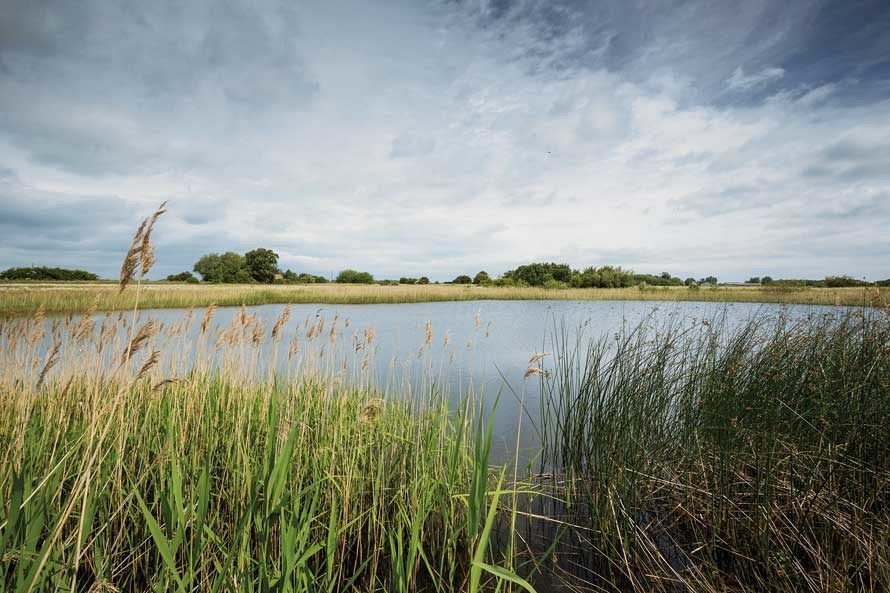MINNEAPOLIS, MINNESOTA, US — Cargill has set new global water targets to achieve sustainable water management in its operations and all priority watersheds by 2030.
The company set out four goals to achieve its water targets, which include:
- Restore 600 billion liters of water in priority watersheds
- Reduce 5 million kg of water pollutants in priority watersheds
- Improve access to safe drinking water in 25 priority watersheds
- Implement a Water Stewardship program at 81* priority facilities (* the number of priority facilities may change over time due to acquisitions, divestitures or significant changes to Cargill's operations.)
“The world relies on access to clean water, for health, nutrition and economic prosperity,” said David W. MacLennan, chief executive officer and chairman of Cargill. “We must find ways to improve water quality and availability in the communities where we live and work, while also advancing the sustainability and efficiencies of our supply chains. We are focusing on the specific challenges faced by local communities and watersheds to accelerate our positive impact.”
Cargill has been working with several different organizations to protect and enhance its water-use. A few of those include:
- Cargill partnered with the Ohio State University College of Food, Agricultural and Environmental Sciences to engage farmers in implementing regenerative agriculture practices focused on soil health and nutrient management.
- For over three years Cargill CIMMYT and Grupo Bimbo have been offering programs that enable corn farmers to adopt sustainable agriculture practices such as soil conditioning, fertilizer and nutrient management and improved irrigation.
- Cargill also joined forces with the Iowa Soybean Association and Quantified Ventures to launch a collaborative, market-based program to improve soil health, carbon storage and water quality on nearly 9,500 acres in Iowa.
“Agriculture is how we’ll get this done,” MacLennan said. “When we invest in regenerative agriculture programs that enhance soil health and reduce greenhouse gas emissions, we also improve water quality, increase drought resilience and improve access to clean water. By working across the industry and sharing best practices, we can protect the world’s freshwater resources and help create a resilient, equitable economy with enough clean water for all.”
Cargill said its water targets are science-based and developed in partnership with the World Resources Institute (WRI).
“Cargill’s targets represent the next generation of water targets,” said Sara Walker, senior manager, water quality and agriculture at the World Resources Institute. “While for years companies have set targets that try to address global water issues, the local nature of shared water challenges has meant targets aren’t necessarily meaningful in the areas in which companies operate or from where they source. But Cargill’s latest ambition sets targets specific to the catchment context and severity of the local water challenges. WRI applauds this leading approach and believes it will help pave the way for other companies across the world to adopt — and act upon — their own contextual water targets so that we can collectively move the needle on more sustainable water use.”




